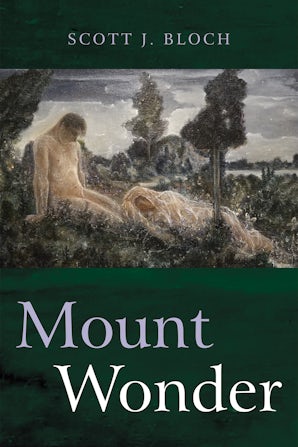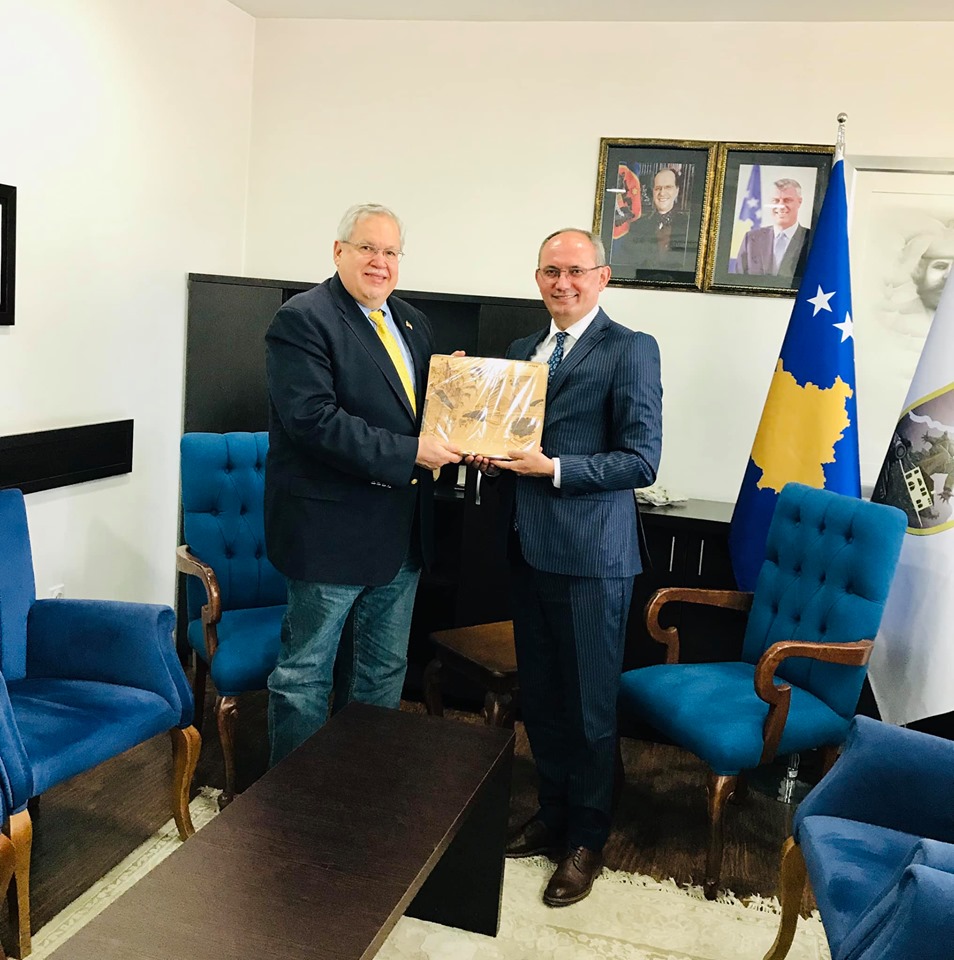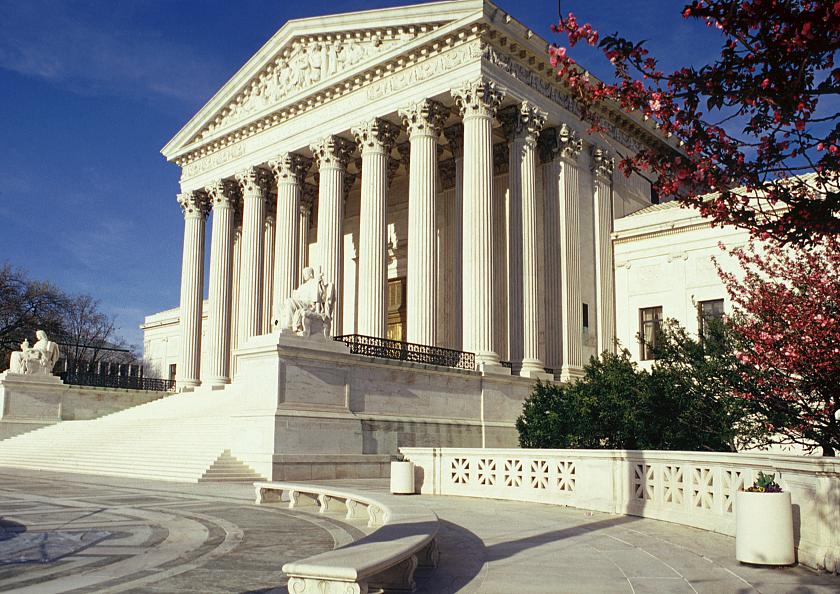

DC Circ. Refuses to Extend Exclusive Remedy to defeat Fired Defense Base Workers’ Claims
In another important case with the Law Offices of Scott J. Bloch, the DC Circuit Court reversed a lower court ruling (see Opinion of Court reversing state claims Sickle v Torres) that the Defense Base Act does not preempt breach of contract allegations brought by two overseas military base contractors against their former employer Torres Advanced Enterprise Solutions LLC after they were fired in relation to a workers’ compensation claim, on Friday March 9, 2018.
“The touchstone for implied preemption under the Base Act is a claim’s nexus to the statutory benefits scheme,” the panel said. “Because Elliott sought and obtained workers’ compensation under the Base Act, his tort claims arising from that benefits process are preempted, but his independent claim of contractual injury is not. Sickle, for his part, never set foot into the Base Act’s regulatory arena, so both his tort and contract claims can proceed.”
The DBA, building on a previous program for longshoremen and harbor workers established under the Longshore Act, established a workers’ compensation scheme for civilians and federal contractors working at U.S. military bases outside of the U.S.
Among other provisions, those statutes prohibit retaliation against workers who have made a compensation claim or who “testified or are about to testify” in a related proceeding, providing for reinstatement and back pay for retaliatory discharge. Employers in turn are given limited liability for related claims.
Elliott and Sickle were both subcontract workers for Torres at Forward Operating Base Shield in Baghdad, with Elliott working as a kennel master and Sickle as a medic, according to the opinion. Tasked with moving sandbags in the kennel area, Elliott suffered a back injury, diagnosed by Sickle as a herniated disc.
Elliott flew to the U.S. for treatment and had planned to return to Iraq, but after seeking workers’ compensation benefits, was told by Torres he was no longer needed and terminated, the opinion said. After an initial rejection of his workers’ compensation claim — purportedly due to Torres claiming to insurers that Elliott had falsified his claim — Elliott received a copy of a medical file from Sickle and was subsequently granted compensation and underwent back surgery.
Sickle was then allegedly pressured into recanting his support for Elliott’s claim and sent home to “think things over” for a month, and also terminated when he refused to recant, according to the opinion.
The pair jointly sued, alleging retaliatory discharge in relation to Elliott’s workers’ compensation claim, breach of contract and an alleged conspiracy with Torres’ insurance carrier.
Scott Bloch, counsel for the plaintiffs, said the clients feel vindicated by the decision, even if they would have preferred all of their tort claims to go forward, saying it helped flesh out a similar earlier ruling and was likely to have further-reaching effects in other cases.
“For many years, Mr. Sickle and Mr. Elliott have felt like big government contractors had a force field around them, preventing justice,” Bloch said.
The panel’s aside on DBA preemption jurisdiction is also likely to impact other similar cases, Bloch said, saying Torres and other defendants in previous cases had tried to steer courts toward a strict reading of preemption that went beyond what was intended in statute.
“That’s just not what this law is,” he said.
U.S. Circuit Judges Judith W. Rogers, Sri Srinivasan and Patricia Millett sat on the panel for the D.C. Circuit. Reportage also was done by Law 360 and Thompson Reuters.
The case is Sickle et al. v. Torres Advanced Enterprise Solutions LLC, case number 14-7009, in the U.S. Court of Appeals for the District of Columbia Circuit.






 “Winter 1918” by Albert Bloch
“Winter 1918” by Albert Bloch




